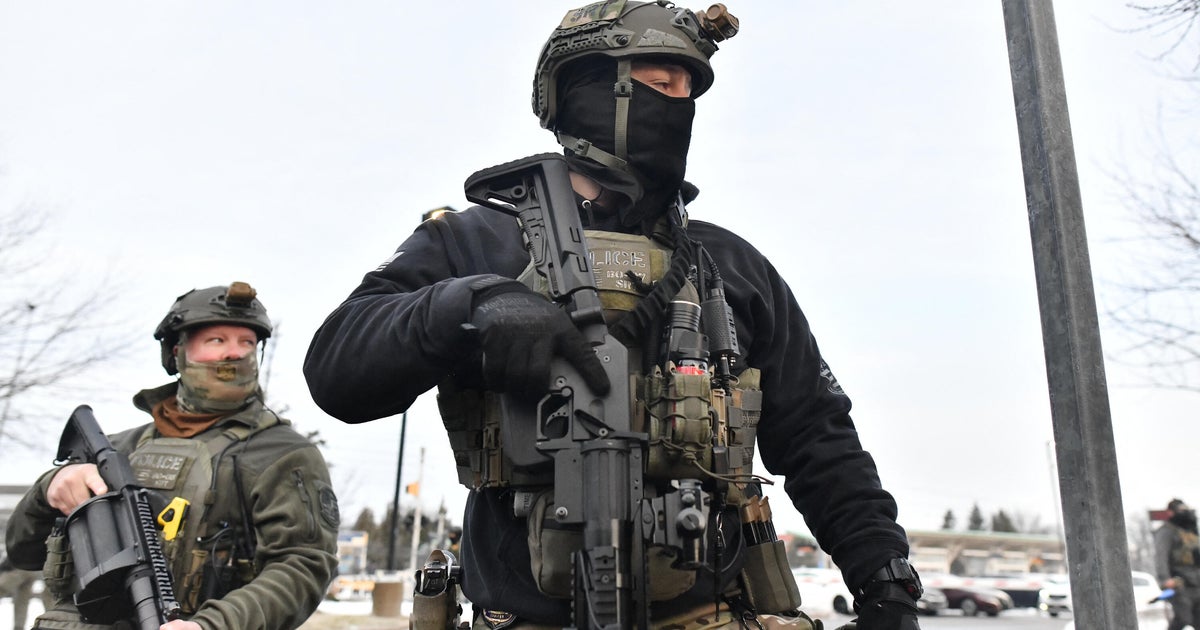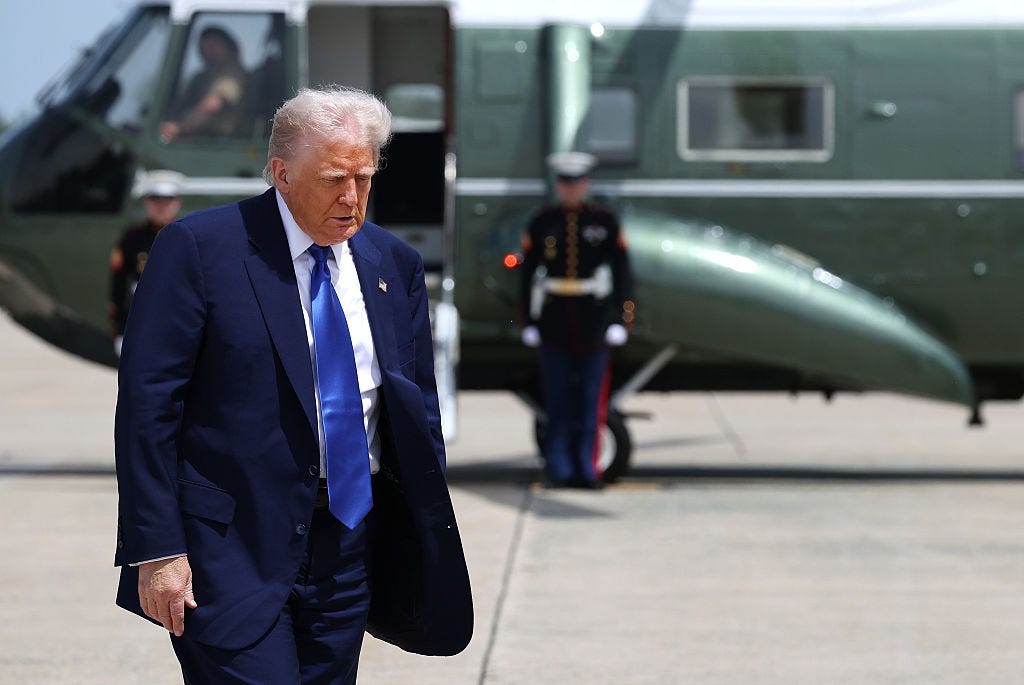New U.S. sanctions package against N. Korea up for vote
UNITED NATIONS -- After negotiating late into Sunday evening with China, the U.S. has submitted a proposed sanctions resolution against North Korea, crafted as a response to the North's sixth and most powerful nuclear test to date.
The resolution is up for a vote at the U.N. Security Council on Monday evening, but it does not appear to be the "strongest possible" sanctions that the Trump administration had hoped for from the global body.
The new draft, obtained by CBS News, revises the draft circulated by U.S. Ambassador Nikki Haley on September 6 that would have banned all exports of natural gas and oil to the country, as well as freeze assets of North Korean leader Kim Jong Un and his government around the globe.
- Analysis: North Korea's view of the nuclear standoff
- What non-military options does U.S. have to address N. Korea crisis?
- U.S. military options against North Korea's nuclear threat
The draft resolution, in final form, has taken out the travel and assets ban against Kim Jong Un, which would have been the first time that the North Korean leader was personally named in a resolution. A U.S. State Department official told CBS News that naming Kim was also in the earlier draft August sanctions resolution, and it remains on U.S.' wish list – but the U.S. knew that it would probably be cast aside in order to garner China's support for new measures.
The new resolution also removes the stinging oil embargo that had been in the first draft circulated, but does impose a cap on refined petroleum, similar to the phased-in cap on coal exports.
The draft proposes a cap of crude oil exports at current levels and adds a cap of two million barrels a year on refined oil, while it bans "condensates and natural gas liquids" altogether.
The majority of the crude oil sales to North Korea are from China; Russia's President Vladimir Putin said last week that Russian oil supplies to North Korea were negligible.
The new sanctions, if approved, add to those imposed on August 5, when the Security Council unanimously adopted what Haley called the "single largest economic sanctions package ever leveled against the North Korean regime," seen as a diplomatic coup for the U.S. That resolution cut Pyongyang's $3 billion annual export revenue by one-third, focusing on North Korea's coal exports.
The new draft imposes a full ban on textile exports, a biting new sanction that some diplomats fear may lead to an abstention by China.
All 15 members of the Council will vote on Monday, but only the five permanent members can veto the resolution; an abstention by China or Russia would allow the resolution to pass, if there are nine votes in favor.
North Korea, for its part, has threatened to inflict "the greatest pain and suffering" if tougher sanctions are imposed.
The new resolution calls for diplomatic measures, including a return to six-party talks, an important negotiating point made by Russian U.N. Ambassador Vassily Nebenzia after the first draft was circulated.
The current draft resolution puts a cap on the number of North Korean "guest workers" who can legally find employment outside the country. These foreign workers are an important source of revenue flowing into Pyongyang.
The significant revisions made to the initial U.S. draft mean the new resolution is likely, but not guaranteed, to pass the Council vote on Monday afternoon.
Russian President Vladimir Putin has said more sanctions won't draw the Kim regime to the negotiating table, but both Russia and China have expressed surprise at the ongoing provocations by Pyongyang.
Another problem is making sure any new sanctions -- and the existing ones -- are enforced. A U.N. report published Saturday cast fresh doubt on the enforcement of current sanctions against North Korea, detailing the violations by U.N. member states and the new evasion techniques by Kim's government.



